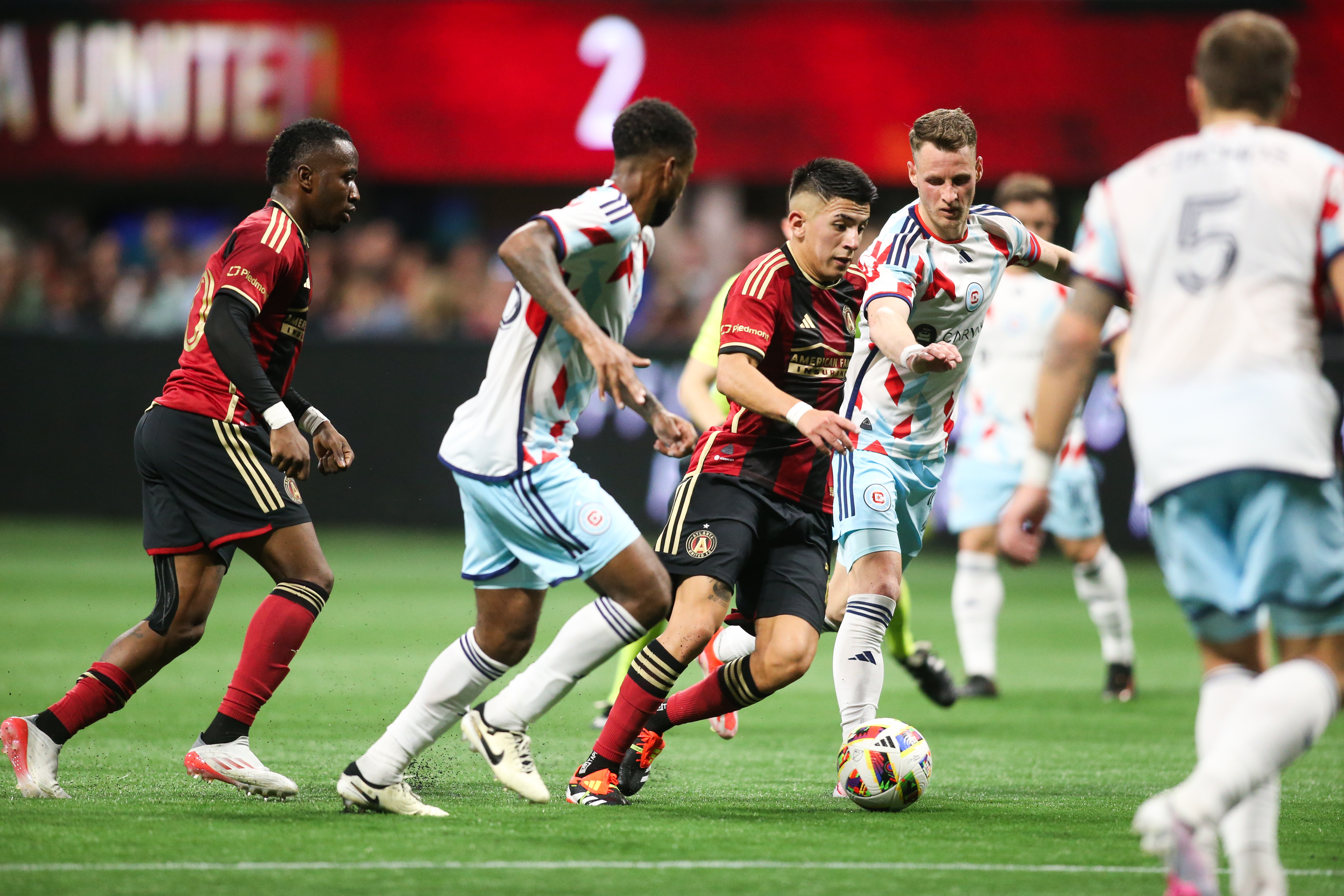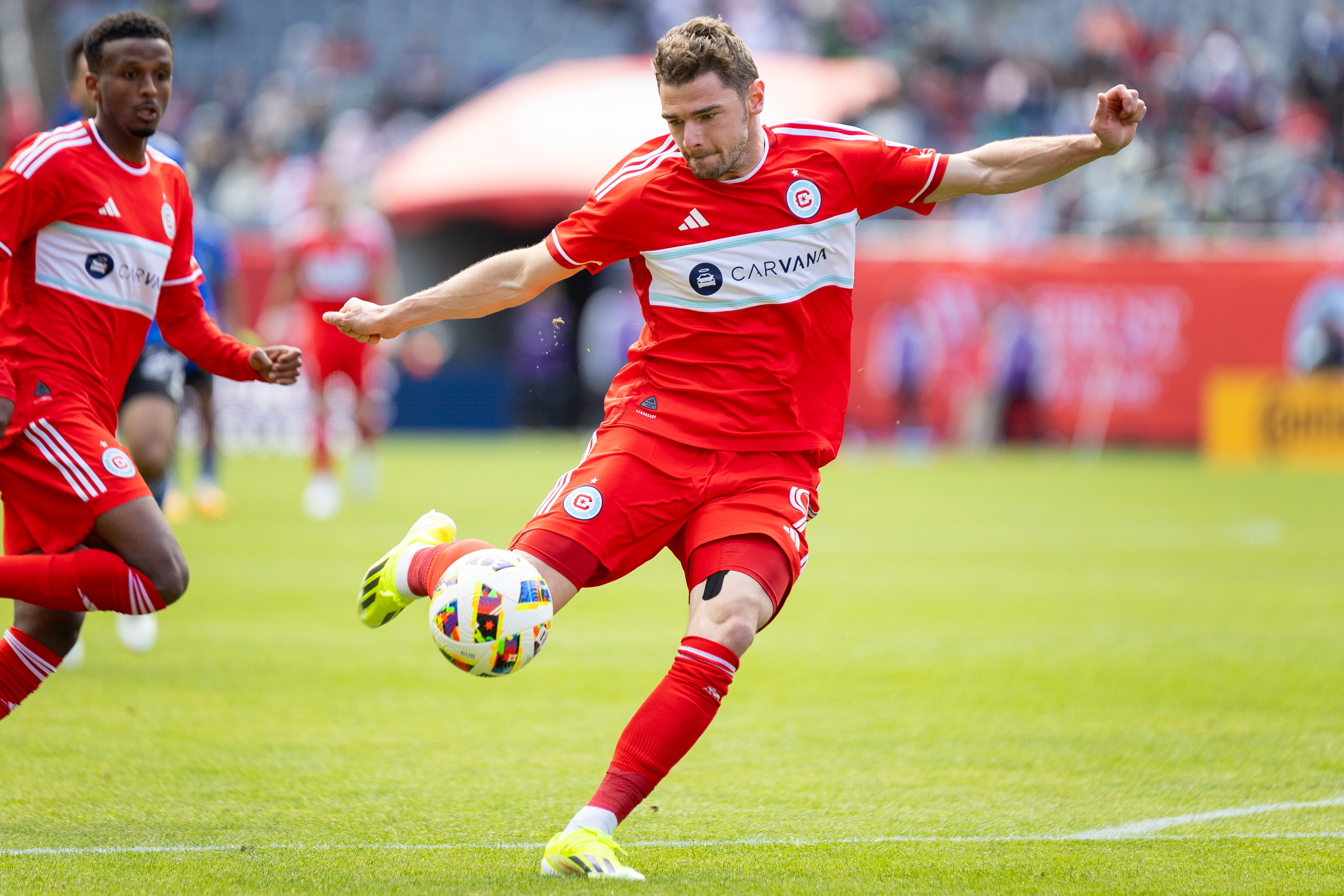
A year ago on this day Veljko Paunovic was introduced as the new coach of the Chicago Fire.
The 39-year-old Serbian was a hot coaching prospect fresh off leading his country to the Under-20 World Cup title the previous June. He joined a Fire club that was in disarray after a last place finish in Major League Soccer, the worst season in club history in both position and point total.
In the Fire’s initial announcement of Paunovic’s hiring, the Serbian had a clever line that set the tone for the way he speaks.
“I see the Chicago Fire as a hurt lion ready to unleash all its power,” Paunovic said in the statement released two days before Thanksgiving in 2015.
It was great press release fodder that added a little bit of flavor and may have connected with some fans who have become disillusioned with the Fire’s lack of success, just one playoff appearance since making the conference finals in 2009, in recent years.
In Paunovic’s introductory press conference, general manager Nelson Rodriguez said Paunovic “learns and teaches enthusiastically” and “competes relentlessly.” Rodriguez also commented on the hope that the hiring of Paunovic brought to the club and the fanbase.
“A new coach often symbolizes hope,” Rodriguez said then. “Hope that something in the future will be better. I don’t have that hope. I have incredible belief that we are better already today and we will continue to be significantly better in the future.”
Chicago Fire
Paunovic was the wildcard of the rumored candidates. A foreigner with limited MLS playing experience and even less club coaching experience. The Fire gig was Paunovic’s first with a club team and his first with a senior team after coaching youth international teams. He was a foreign coach whose limited experience in MLS, he played one year with the Philadelphia Union in 2011, raised concerns as to whether he would be able to handle the league’s quirks that are rarely seen around the world (playoffs to decide league champion, no promotion and relegation, a salary cap).
A year later, Paunovic leads a Fire club still reeling after another last place finish in MLS, although the team did improve upon its point total - by one. Obviously turning an 8-20-6 team into a 7-17-10 one the improvement Rodriguez was alluding to during Paunovic’s introduction..
So what is known about Paunovic now that was uncertain a year ago and what should be expected in his second season at the helm of the Fire?
Paunovic talked about being “adaptable” after his first practice as coach in the preseason. He wanted a team that could play different formations in order to keep opponents off balance. Some early season experimentation with a 3-5-2/5-3-2 hybrid faded away and the 4-2-3-1 was used almost exclusively in the second half of the season. Paunovic wasn’t afraid to make a halftime sub to adjust the team’s tactics, but he did seem to settle on a standard formation and style of play that didn’t mimic his words from January. Perhaps this was Paunovic being pragmatic and realizing he didn’t have the personnel to play different formations as he said he wanted to.
In fact that wasn’t the only thing that seemed to fade away from Paunovic’s preseason talk. He spoke about playing out of the back and trying to press teams, neither of which the Fire had a ton of success with in 2016. The Fire did try to play out of the back for much of the season, but didn’t seem to gain much comfort with it and that resulted in a number of goals against them following turnovers in their own half. On top of that the Fire’s identity was not of a pressing team, but of a team that would sit back, defend and try to counter, probably via a long ball to the speedy David Accam. The Fire finished last in the league in terms of time of possession, which again shows Paunovic was perhaps forced to be pragmatic against his own ideals.
As the Fire build a roster for 2017, a day after taking the first step towards that, it will be worth watching to see if the players acquired give the team more ability to have tactical flexibility, build out of the back and press teams higher up the field. The 2016 Fire failed in a number of ways, but three things Paunovic emphasized before the season didn’t play out positively on the field and could have been contributing reasons to why the season was another disappointment.


